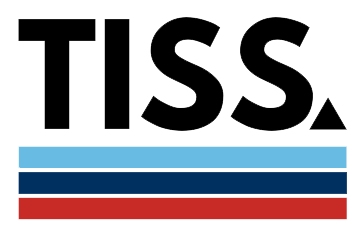Graduate Fellows
Graduate Fellows
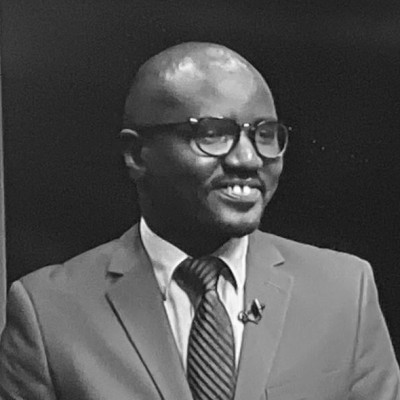
Samuel Garang Akau
University of North Carolina at Chapel HillSamuel is a doctoral student in public policy (international development). His research interests include poverty, resource governance, resource-induced conflicts, and food security concerns, especially along the Nile Valley. Prior to UNC-Chapel Hill, Samuel co-founded Sawa Sawa Network, a multimedia initiative elevating discourse, amplifying the voices … Read more
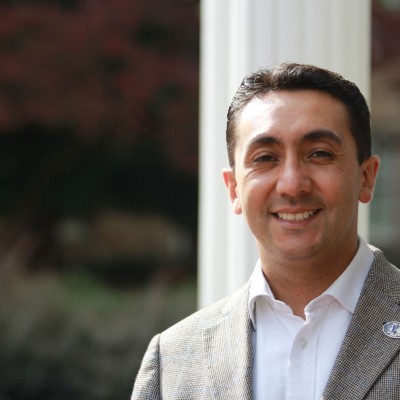
Giovanny Rincon Alvarez
University of North Carolina at Chapel HillGiovanny Rincon Alvarez is a Ph.D. student in Public Policy at the University of North Carolina at Chapel Hill (UNC). He holds a MA in Global Studies from UNC, a MA in Political Studies, and a BA in Political Science from Universidad Nacional de Colombia. … Read more
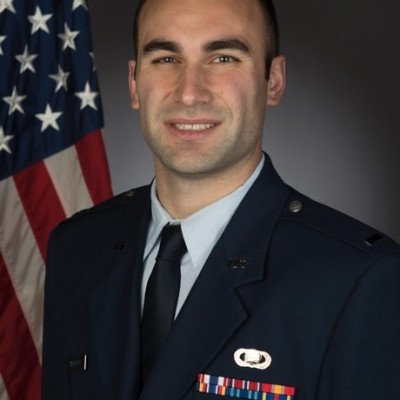
John (Kip) DiEugenio
University of North Carolina at Chapel HillJohn “Kip” DiEugenio is a 2020 Chief of Staff of the Air Force PhD Scholar. He is currently a PhD student in Military History at the University of North Carolina at Chapel Hill advised by Joe Glatthaar, Wayne Lee, and Michael Cotey Morgan. Kip is … Read more
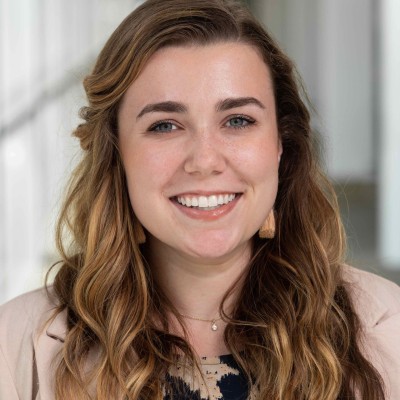
Rebecca Dudley
Duke UniversityRebecca Dudley is a PhD candidate in political science at Duke University with a concentration in Security, Peace, and Conflict and a second field in Political Methodology (applied statistics). Rebecca is a Graduate Fellow with the Triangle Institute for Security Studies and a Pre-Doctoral Fellow … Read more
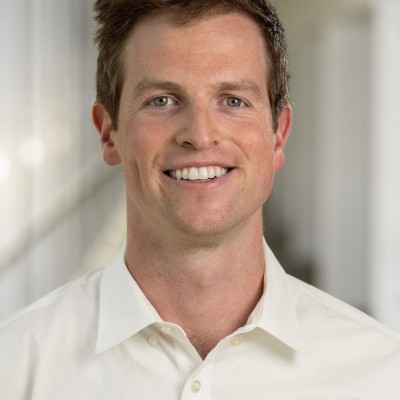
Andrew Kenealy
Duke UniversityAndrew is a PhD candidate in the Department of Political Science at Duke University. His research explores the connections between domestic politics and international relations, with a particular focus on American foreign policy. His academic work is published or forthcoming in Presidential Studies Quarterly and … Read more
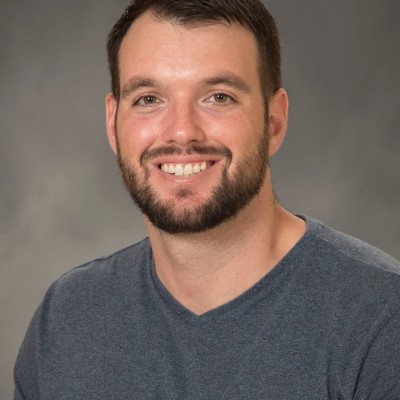
Cavender Sutton
University of North Carolina at Chapel HillCavender Sutton is a fourth-year PhD candidate in military history at the University of North Carolina at Chapel Hill. His passion for studying the past and teaching its lessons stems from his time as a United States Marine, during which he deployed to Afghanistan from … Read more
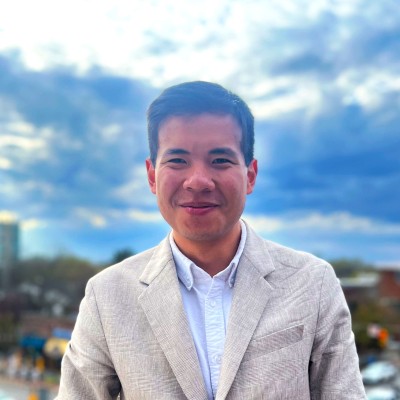
Pasuth Thothaveesansuk
University of North Carolina at Chapel HillPasuth Thothaveesansuk is a PhD Student in History at the University of North Carolina at Chapel Hill. His primary research area is 20th century international history. His dissertation looks at East Asian intellectual conceptions of and political contributions to the postwar international order focusing on questions … Read more
